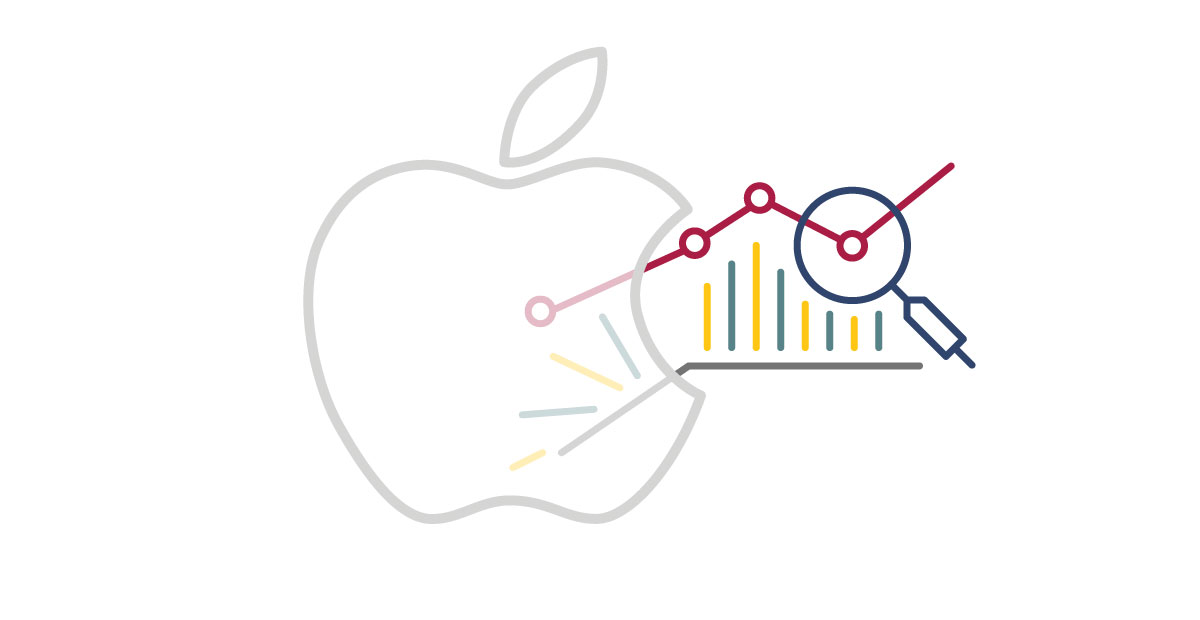Three months have passed since Apple’s iOS 14.5 update rolled out. Now, we have a more complete picture into how this firmware change has affected digital media for nonprofit fundraising.
Starting with iOS 14.5, Apple now requires all apps to ask users for permission to track them across the web. As you might expect, most people asked not to be tracked—96% of iPhone users, in fact.
This has impacted Facebook advertising, but it’s not all doom and gloom. And this is where we need to separate the fact from the fiction.

Fact: Tracking through Facebook’s reporting tools is more limited than ever
Yep, it’s true. Marketers no longer have the visibility into conversion performance that we have had historically through Facebook’s reporting capabilities. We’ve also lost insight into the demographics (age, gender, etc.) of these donors as a result of the privacy changes that Apple has implemented with the iOS 14.5 update.
It is worth noting that digital media has never been a 1-to-1 conversion. Despite what many people believe, we’ve never been able to say, “This specific person clicked on this ad at this time and made this donation.”
Previously, we could point to Facebook and say, “[This many] anonymous people saw the ad and followed through to the website for a donation.” Now, that connection is far more limited.
Think of it more like “online” whitemail now.
Fiction: Facebook advertising is less effective
It’s critically important to point out here that this is no reason to push the panic button and bail on Facebook advertising. We still have the ability to do everything we need for successful campaigns:
- Reach the intended audience
- Put the right message in front of them
- Deliver behavior-driven ads
- Drive conversions
We’re not losing the ability to effectively convert donors—just the visibility into it. You can think of Facebook advertising as acting more like TV or radio now. We’re getting the message out there, and we know people are responding to the message. It’s just not as easy to tie the two together.
Fiction: Nonprofits should shift their budgets away from Facebook
Facebook and other digital media outlets are an essential part of a holistic fundraising program. Everything works together in unison, and digital media plays a critical role in bringing in new donors and retaining them.
Apple’s privacy change should not affect the way nonprofits invest in their digital fundraising. We’ve seen several organizations increase their investment in Facebook advertising, followed by a significant increase in new donors in the last three months. It still works.
With the right CRM in place, an organization can easily get a big-picture view of their digital program to understand how everything fits together to drive donations. We may not be able to slice and dice things as clearly as before, but we can still see how well a program is doing.
Fact: There are tools that can still help track conversions
Apple is the first to make this privacy move, but we know Google is following, with the removal of third-party cookies scheduled for 2023. This level of limited tracking will be the new normal for digital media, so it’s important to prepare now.
You can begin by measuring everything on your website. Server-side tracking is one important tool that provides access to more information and data from users. This makes the most of understanding users’ behavior on your website, and it’s data that you control (not Facebook or Apple).
Another option is anonymized group tracking. Like the name suggests, this tracks group behavior anonymously—providing some insights while stripping out identifiable information like names, emails and IP addresses. For example, groups might include people who:
- Frequent nonprofit websites
- Regularly read about world news
- Search for information about charitable giving
We can use that information for contextual targeting to ensure we’re reaching the right people with our ads.
Final word
You’ve probably heard the famous quote by marketing pioneer John Wanamaker: “Half the money I spend on advertising is wasted; the trouble is I don't know which half.” It’s easy to look at these changes and begin to worry about the future of Facebook advertising, but we’re not exactly in Wanamaker’s clouded world.
Unlike most traditional advertising, we were fortunate to be able to track every aspect of Facebook ad conversion for a time. That time may have come to an end, but we know Facebook is still an essential piece of the digital marketing puzzle.






Leave a comment: